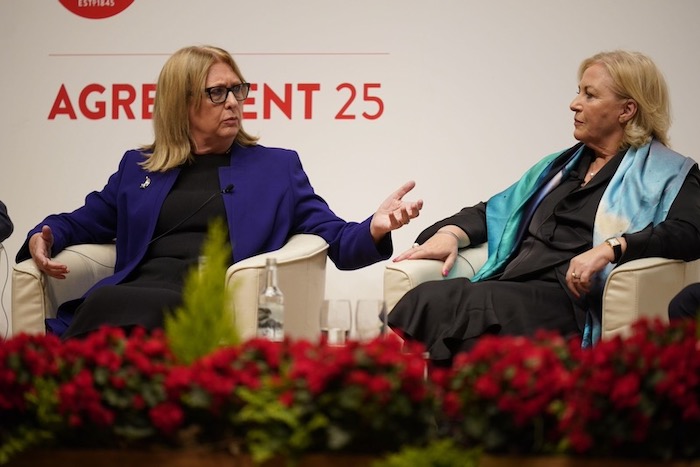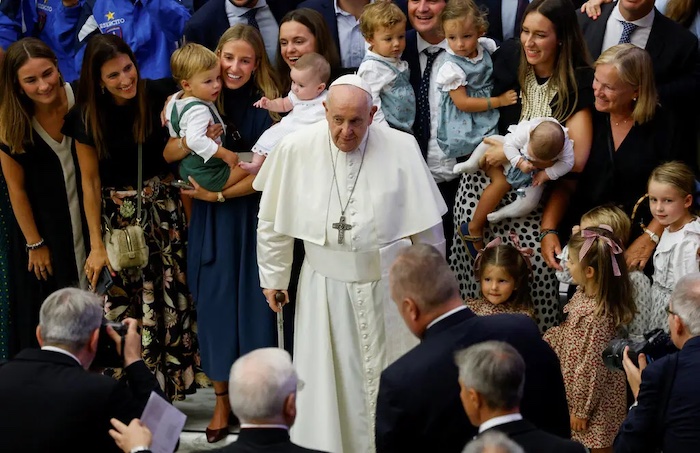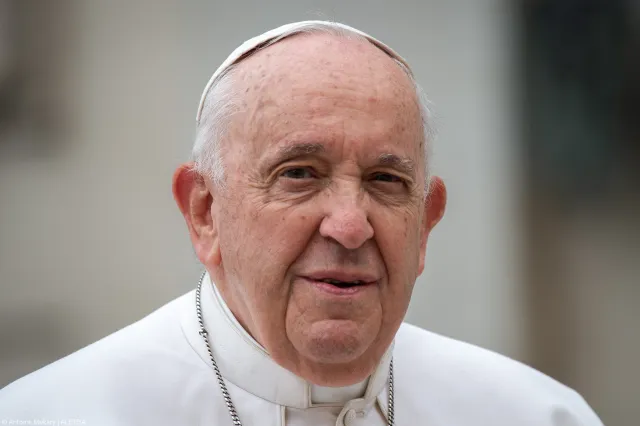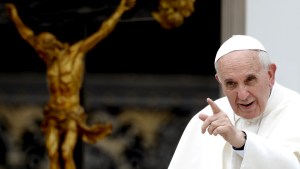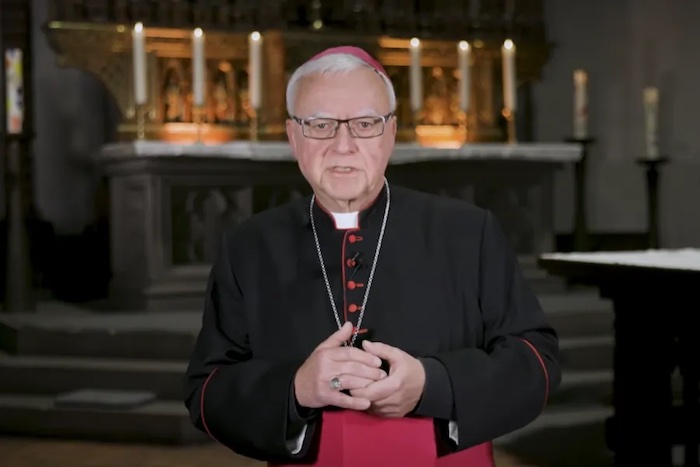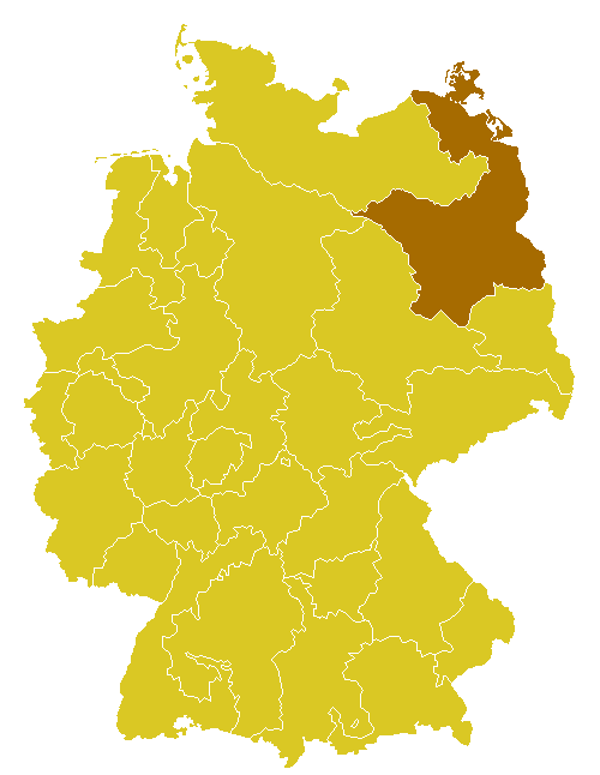— Synod organizers attempt to dismiss fears ahead of fall meeting
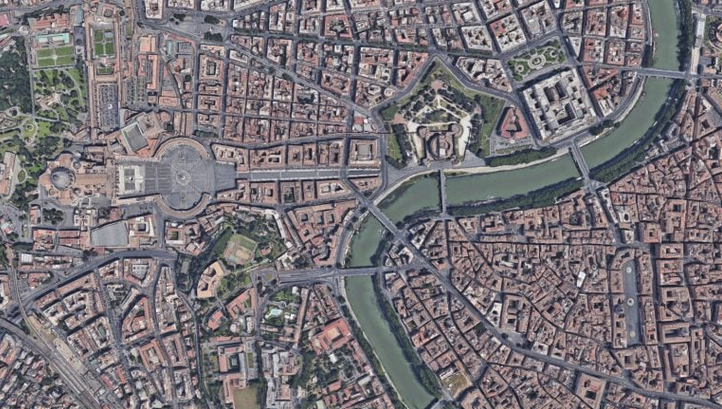
The Synod on Synodality has a communications problem, and it risks reinforcing papal critics.
As Catholic bishops and lay people prepare to gather in Rome this October to begin discussions on the main challenges facing the church, tensions over the topics — and the stakes — of the summit have grown.
Papal allies and organizers of the October 4-29 event — the “Synod on Synodality: Communion, Participation and Mission” — are trying to defuse the tension and reassure faithful that the church has nothing to fear from the discussions even if they will take place behind closed doors.
“The way we will communicate the synod is very important for the discernment process of the entire church,” said Paolo Ruffini, who heads the Vatican communications department and will conduct briefings on the event during the month of October, at a press conference at the Vatican on Friday (Sept. 8).
With its unassuming title, the Synod on Synodality could be easily dismissed as a gathering of no consequence. When describing the event, organizers use the terms “walking together,” “enlarging the space of our tent” and “ecclesiology.” But the summit is actually the culmination of a three-year process initiated by Pope Francis to engage the church at every level and has the opportunity to not only radically subvert power structures in the traditionally hierarchical institution, but also to create a new system of governance that can overcome growing polarization.
The success of this ambitious project greatly relies on how much people who participate in it believe in it, organizers said. Members of the Vatican’s Synod office have structured the event in such a way as to promote healthy dialogue, with short discussions interrupted by prayer and meditation, group retreats and small working groups. Individuals trained in synodality, called facilitators, will guide the event and help participants engage in a spirit of unity and fraternity.
Despite the efforts the Vatican has made to ensure the discussions at the synod occur in a collegial and thoughtful way, the church has little to no control of how the event is perceived from the outside. The Catholic Church is currently addressing controversial issues concerning the welcoming of LGBTQ Catholics, the creation of leadership roles for women and female ordination, and the accountability of bishops on questions ranging from sexual abuse to financial mismanagement. Anxieties abound over how the synod will grapple with these polarizing topics.
Local synodal expressions, such as the Synodal Way in Germany, have taken a very progressive stance on some of these issues and even defied Vatican recommendations by blessing same-sex couples.
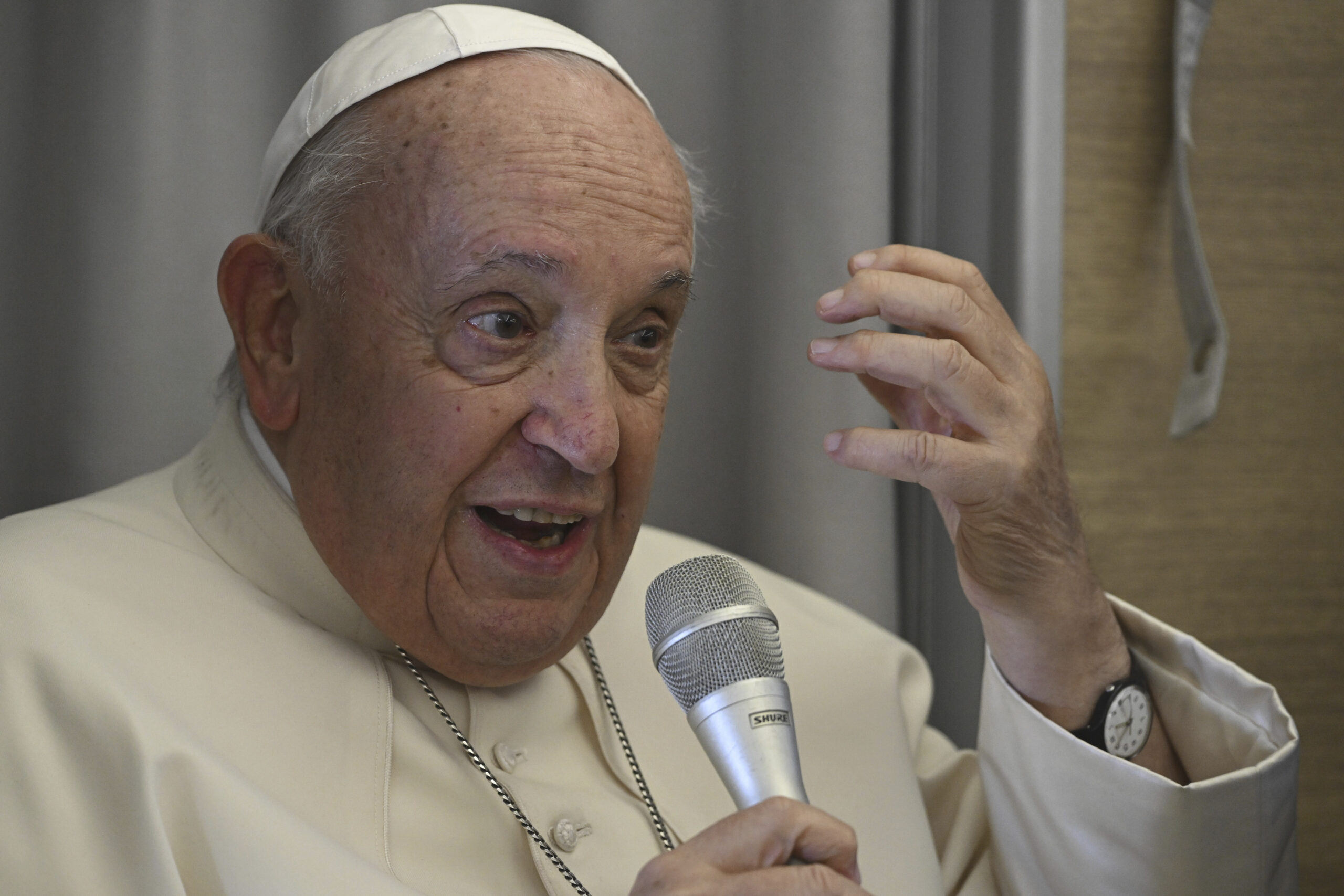
To ensure attendants can speak freely, the Vatican Synod office has maintained that the speeches and conversations within the hall will remain secret. “We have to preserve the synodal environment,” Pope Francis said, answering questions by journalists on his return flight from Mongolia on Monday (Sept. 4). “This isn’t a television show where everything is on the table, no, it’s a religious moment, a religious exchange.”
Ruffini quoted the pope’s words during the conference on Friday, underlining the need to preserve “the sacredness” of synodal discussions. He also underlined that most institutions don’t publicly share the internal debates leading up to a decision.
At the end of the synod event, attendants will approve a synthesis document that will be made public. But it won’t be the final report, Ruffini specified, since there will be a second synod meeting at the Vatican in the fall of 2024 that will issue a final document.
“We are really counting on how media will be able to communicate this communal effort of ours,” he said, before adding: “You can count on us.”
Ruffini specified that the opening Mass, the first general assembly meeting and the opening sessions of each sections, or modules, will be livestreamed. The five modules will focus on the topics of synodality, participation, mission and communion and a final synthesis and approval of the synod report.
Shutting the doors on synodal discussions in the past has contributed to frustrating previous synods under Pope Francis, with coverage being centered on polarizing topics and sensationalist statements. When the pope called bishops and Indigenous peoples to the Vatican in 2019 to discuss the Amazon region, where fires burn down trees daily and pollution endangers the forest, articles on the event centered around a young conservative Catholic who stole a sacred image of Amazonian peoples and tossed it in the river Tiber.
The Vatican has so far ensured the synod will issue daily briefings and provide detailed information about what is happening behind the closed doors of the synod hall. The Synod on Synodality has opened its process and discussions to rank-and-file Catholics more than any other modern Vatican gathering, and now those people feel invested in the result of their efforts.
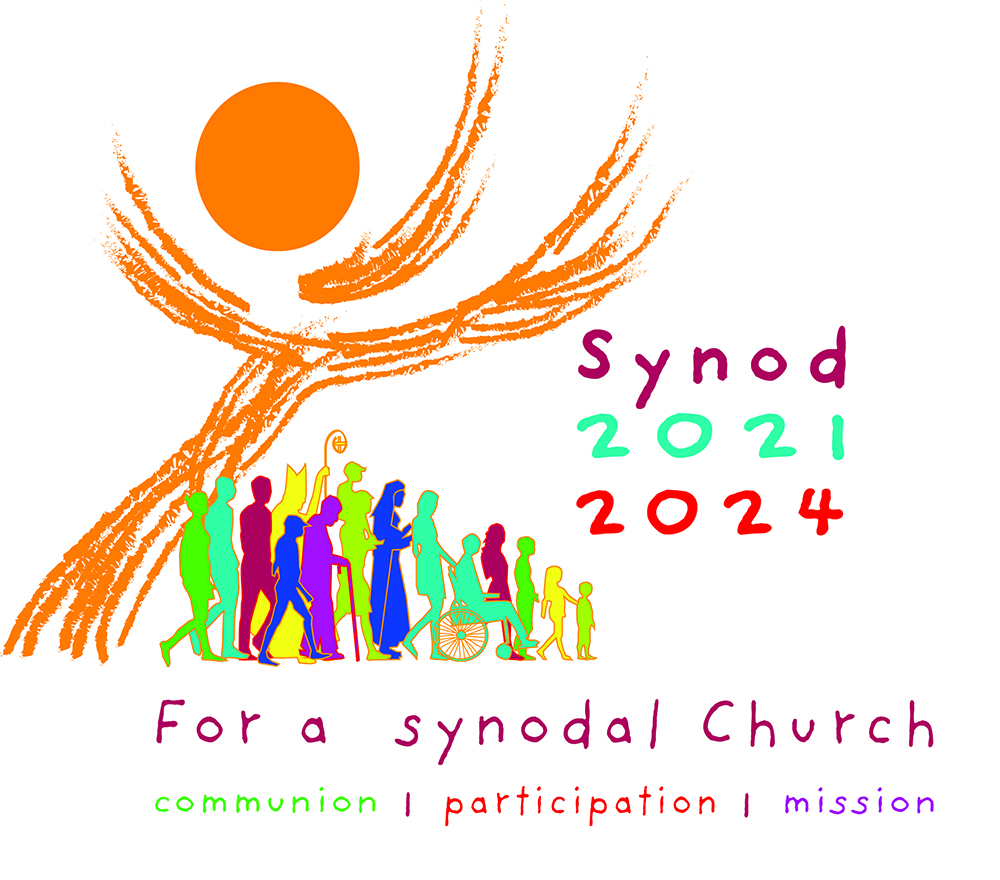
The secrecy that typically surrounds Vatican events, even one as open as the Synod on Synodality, has fueled papal critics who believe the summit is nothing more than a cover for the pope to implement a liberal agenda. After all, while synod participants will get to vote on the topics, it will be the pope who in the end draws the conclusions from the event.
In a new book that likened the synod to “a Pandora’s Box,” papal critic Cardinal Raymond Burke warned the summit could cause confusion and even schism.
The pope during the in-flight press conference acknowledged the polarization inside and outside of the synod. While he said that “there is no place for ideology inside the synod,” he also recognized that many looking from the outside are afraid the event will ultimately lead to changes to church doctrine.
“If you look deep at the root of this fear you will find ideology,” the pope said. “It’s always ideology that wishes to detach itself from the path of communion with the church.”
The synod is “very open,” the pope insisted, explaining that the discussions will be kept private to avoid fostering a climate of gossip and politics. After all, he said, “the synod isn’t a parliament.”
Complete Article ↪HERE↩!

